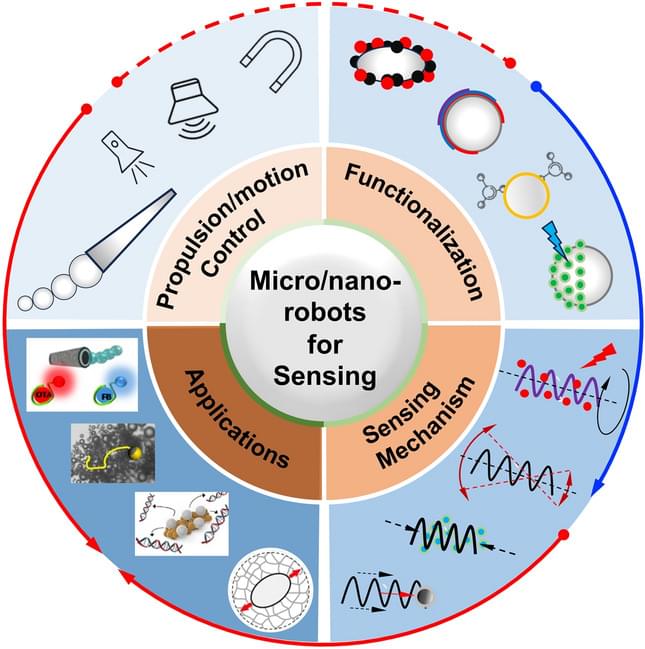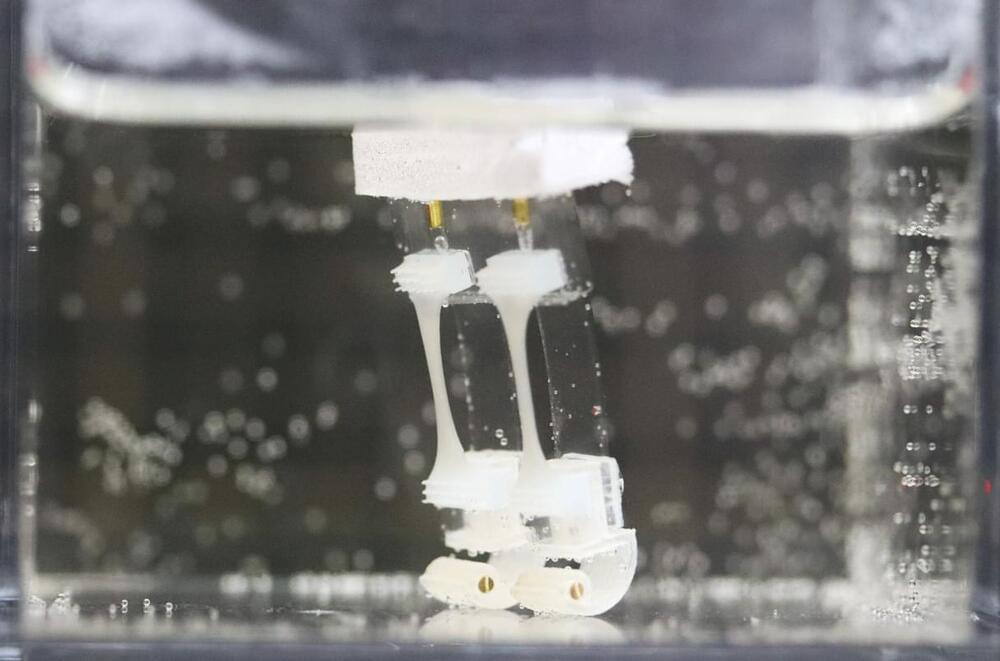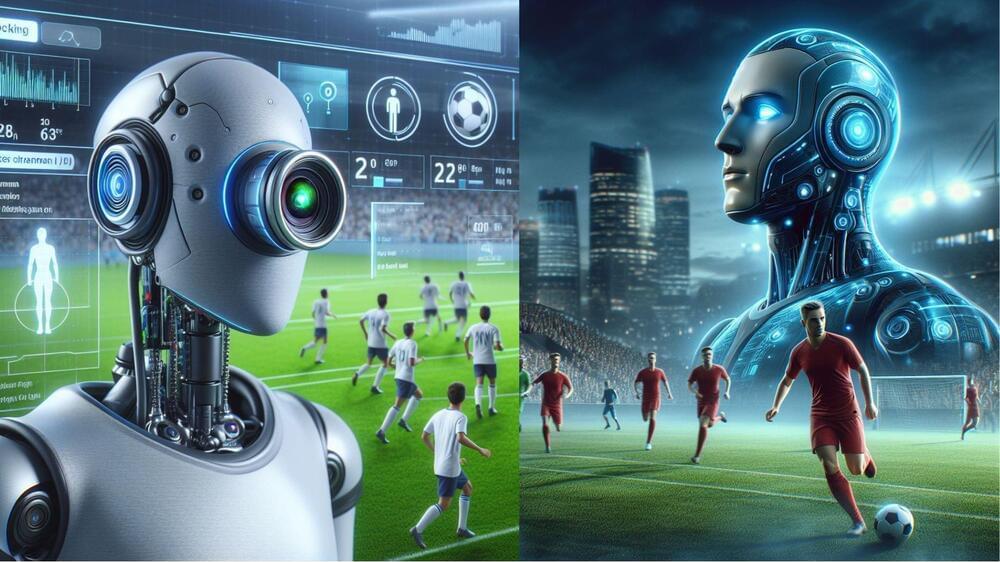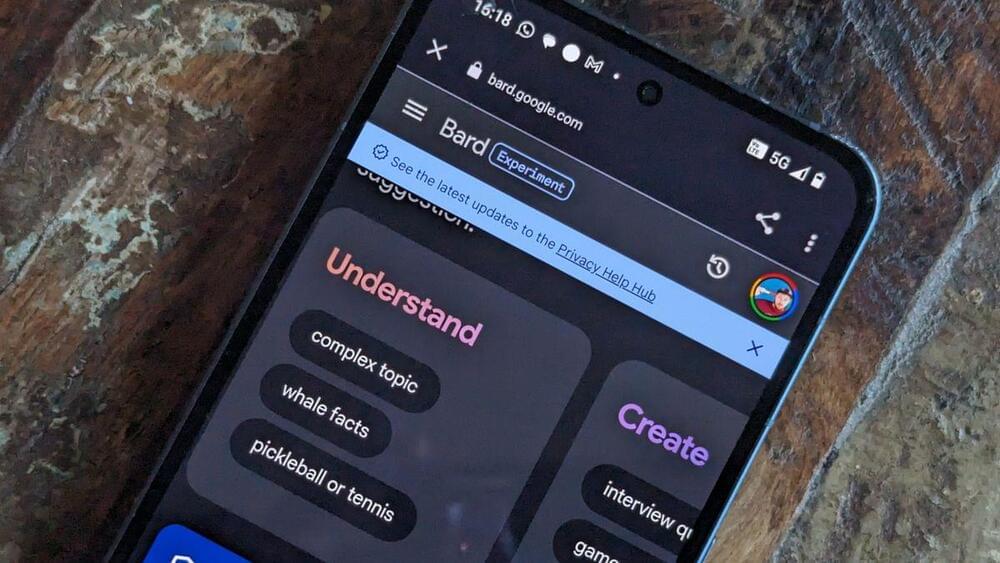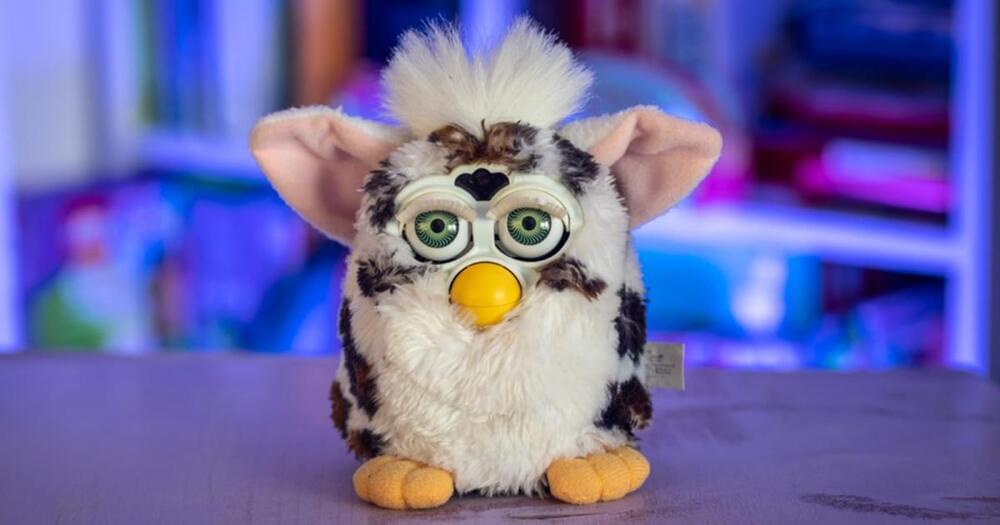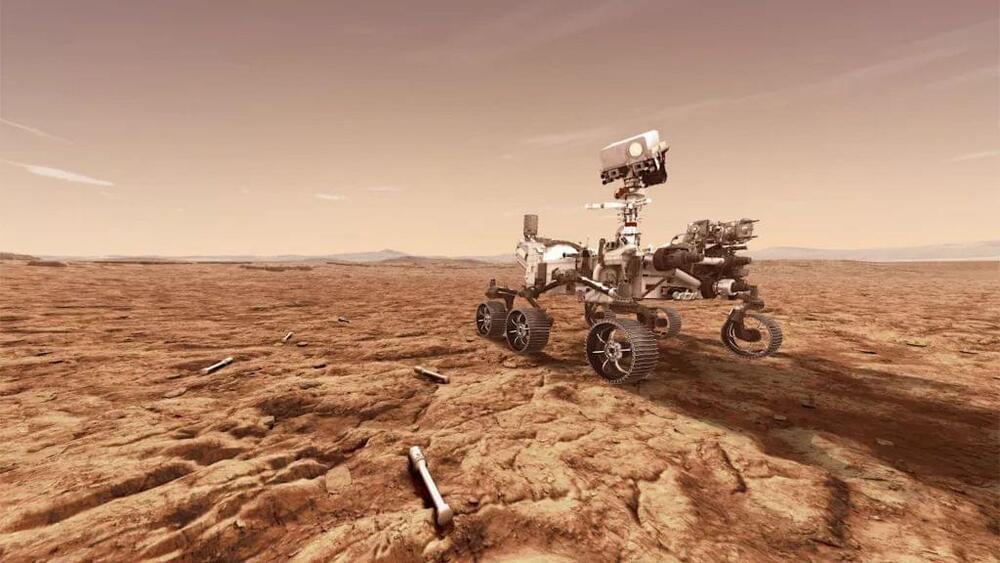Untethered micro/nanorobots that can wirelessly control their motion and deformation state have gained enormous interest in remote sensing applications due to their unique motion characteristics in various media and diverse functionalities. Researchers are developing micro/nanorobots as innovative tools to improve sensing performance and miniaturize sensing systems, enabling in situ detection of substances that traditional sensing methods struggle to achieve. Over the past decade of development, significant research progress has been made in designing sensing strategies based on micro/nanorobots, employing various coordinated control and sensing approaches. This review summarizes the latest developments on micro/nanorobots for remote sensing applications by utilizing the self-generated signals of the robots, robot behavior, microrobotic manipulation, and robot-environment interactions.
